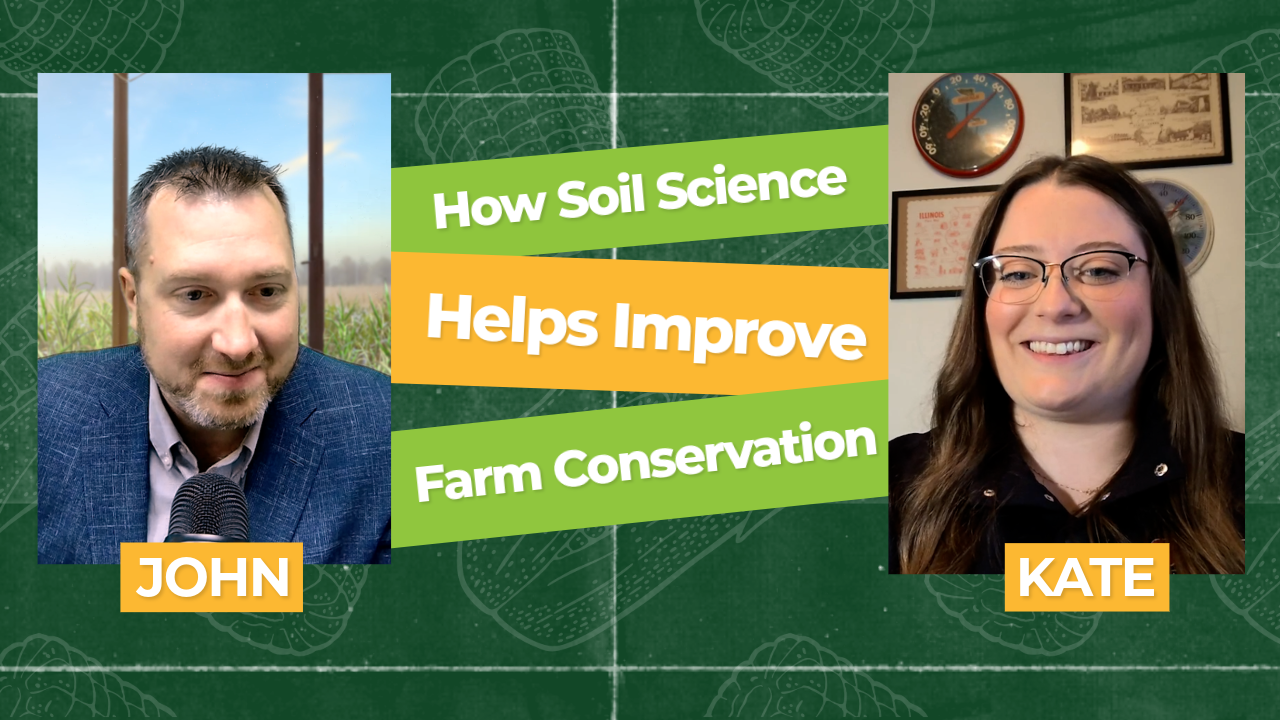What a Government Shutdown Means for Farmers
From Crop Insurance to Market Data: How Farmers are Affected
The federal government shut down this week, and farmers are bracing for the ripple effects on their fields, finances, and futures. Government programs through the U.S. Department of Agriculture (USDA), such as crop insurance and sustainable practice programs, can hurt farmers when not operating, especially during harvest season.
The last government shutdown occurred from December 22, 2018, to January 25, 2019, lasting 30 days—the longest in history.
In the event of a shutdown, the Administration will determine which federal employees are essential, including those at USDA. Federal workers who are temporarily dismissed as a part of the shutdown are not allowed to answer phone calls or respond to emails.
U.S. Department of Agriculture (USDA)
- The Farm Service Agency (FSA), including state and local offices, will be closed
- Natural Resource Conservation Service offices will be closed
- Rural Development offices will be closed
- FSA will not be able to do sign-ups, acre reporting, processing, or payments
- The Risk Management Agency (RMA) will likely close
- RMA staff will not be able to provide guidance to insurers or farmers
- The Agriculture Marketing Service (AMS) will not publish various market and data reports during the shutdown
- The National Agriculture Statistics Service (NASS) is likely to delay or cancel various data releases and reports
- World Agriculture Supply and Demand Estimates (WASDE) reports could also be impacted
- The WASDE report is widely regarded as the gold standard in agriculture market intelligence, providing producers, agribusiness, and policymakers with essential insights to anticipate trends, manage risk, and inform policy and budget decisions.
- Food and nutrition programs will likely continue to operate normally
Environmental Protection Agency (EPA)
- The EPA will be unable to move forward with any notice and comment rulemaking procedures, which will likely negatively impact rulemaking timelines
When the government shuts down, it impacts how information about commodities, such as crops and livestock, is collected and shared. This can create uncertainty for farmers and traders as they rely on this information to make decisions on buying and selling. This can make it challenging for farmers to plan and manage their business effectively with unpredictable market trends.
IL Corn will continue to advocate for corn farmers in legislation regardless of a government shutdown.







